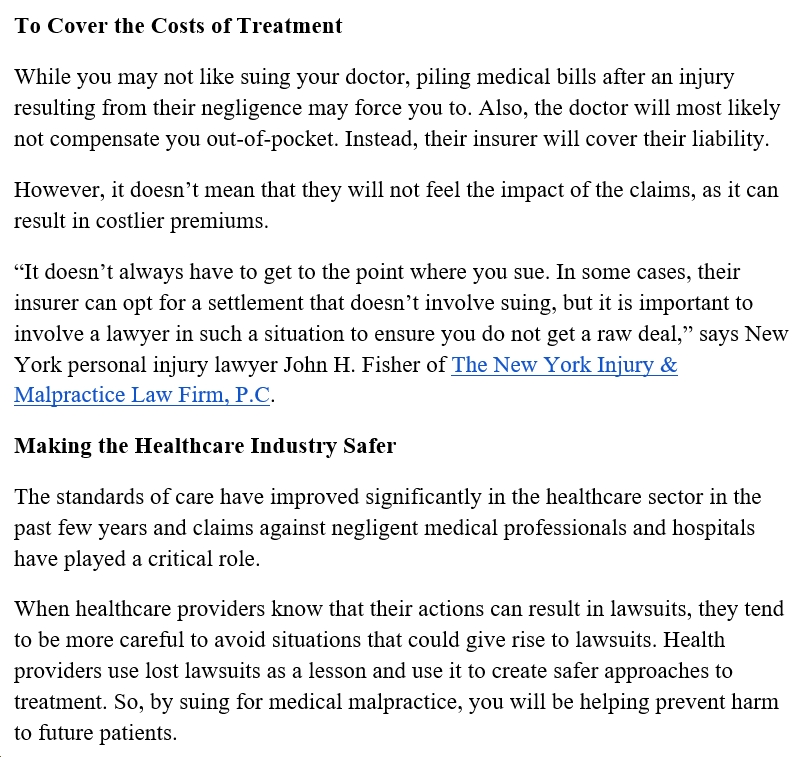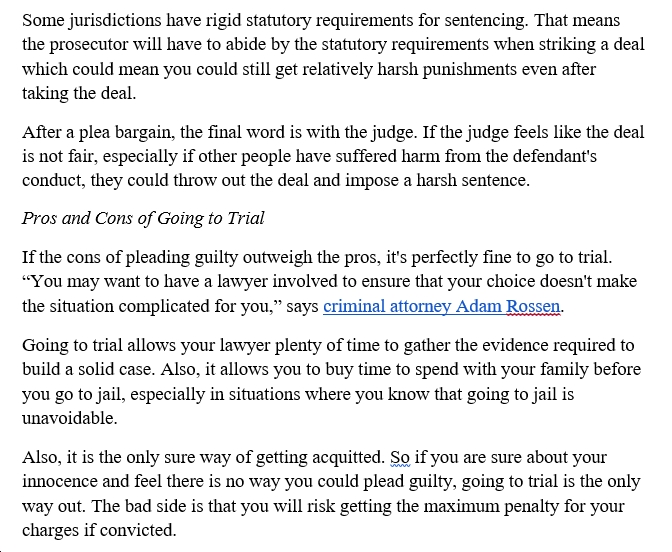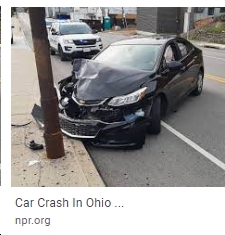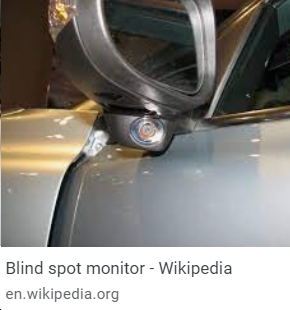SPONSORED CONTENT
Beyond the Breathalyzer: Five Approaches to Reduce Alcohol-Impaired Driving
Alcohol-impaired driving casts a lethal shadow over our roads, tearing through the fabric of American lives with a devastating force. The statistics aren’t just sobering – they’re a resounding alarm bell for immediate, vigorous action to break this crisis’s stranglehold.
Yet, despite the ominous cloud, all is not lost. Contrary to its seemingly bleak outlook, the future holds the promise of a safer landscape. The silver lining? A robust set of proven strategies with a proven track record of mitigating the effects of impaired driving on Americans. In this blog post, we’re pulling back the curtain on the five most effective strategies, each a powerful weapon in our war against impaired driving in the US.
Lower Blood Alcohol Concentration Limits
One of the most robust approaches to curbing the alarming trend of impaired driving is the implementation of lower blood alcohol concentration (BAC) limits. Many places have enacted regulations prohibiting drivers with BAC levels exceeding 0.5 g/dl from hitting the road.
Utah was a pioneer in adopting this strategy, and the outcome was nothing short of remarkable. This proactive measure led to an astounding 18 percent reduction in the crash death rate per mile within the first year of the law’s enactment. “Lower blood alcohol concentration limits display the profound potential of making our roads safer,” says attorney Kush Arora of Maryland Criminal Lawyers LLP.
Zero Tolerance Laws and Minimum Legal Drinking Age
The enforcement of zero tolerance laws has emerged as a highly effective strategy in curbing crash death rates on US roads. These stringent laws forbid anyone under 21 from driving with even a trace amount of alcohol in their system.
These laws are already in place across all 50 states, making a significant dent in the number of alcohol-impaired driving incidents. Thanks to this stringent measure, thousands of lives have been spared from the tragic consequences of drunk driving.
Policies Aimed at Reducing Alcohol Access
Other policies, such as those designed to limit alcohol access, have also curbed drunk driving. One such approach is the increased taxes on alcohol, making it less affordable and, by extension, decreasing the likelihood of drunk driving.
An additional effective strategy involves regulating alcohol outlet density. This means limiting the number of retailers authorized to sell alcohol in a particular location. By controlling the availability of alcohol, an environment is created that is less conducive to impaired driving.
Ignition Interlocks
Ignition interlocks, an innovative technology, aim to reduce impaired driving rates on American roads drastically. Once installed in vehicles, this technology measures the driver’s breath for alcohol concentration. If the reading exceeds a predetermined limit – typically set at 0.02 g/dl – the system prevents the vehicle from starting.
When faced with this roadblock, drivers are compelled to seek alternative means of transportation. This significantly reduces the likelihood of a potential accident that could occur if they drove while intoxicated.
Alcohol Use Disorder Assessment and Treatment Programs
Alcohol Use Disorder (AUD) is a medical condition marked by uncontrolled alcohol use, leading to severe consequences for an individual’s health, social relations, and financial well-being.
Those suffering from AUD can greatly benefit from personalized long-term rehabilitation programs. However, it’s crucial to remember that treating this condition is most effective when combined with other mitigation strategies like ignition interlocks and close monitoring of the offender. These treatment programs should supplement, not replace, other strategies and should not erase alcohol-impaired charges from the driver’s record.
Conclusion
It’s crucial to understand that the goal extends beyond merely comprehending the menace of alcohol-impaired driving. We must actively unite to find and implement solutions to combat this danger. These strategies explored here have been tried, tested, and recommended by experts, greatly limiting the hazards of drunk driving.
If you ever find yourself facing a DUI charge, it is in your best interest to promptly consult a specialized DUI attorney. Their expertise can significantly influence the course and outcome of your case. Depending on the specific circumstances, they could potentially reduce the sentence or even dismiss the charges completely.


















